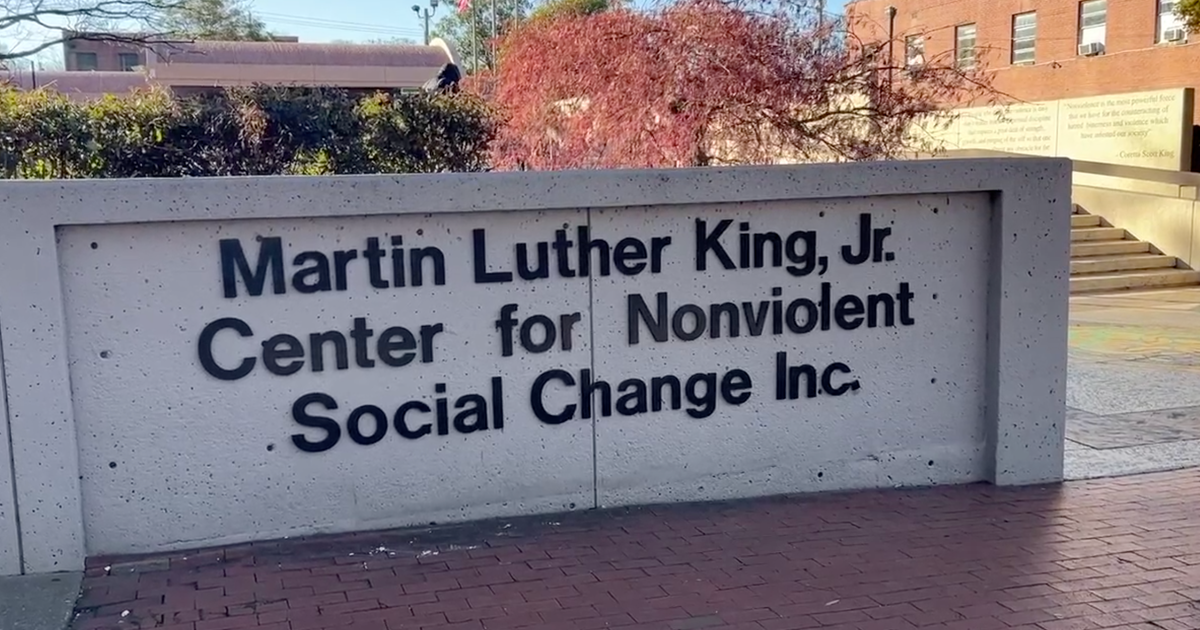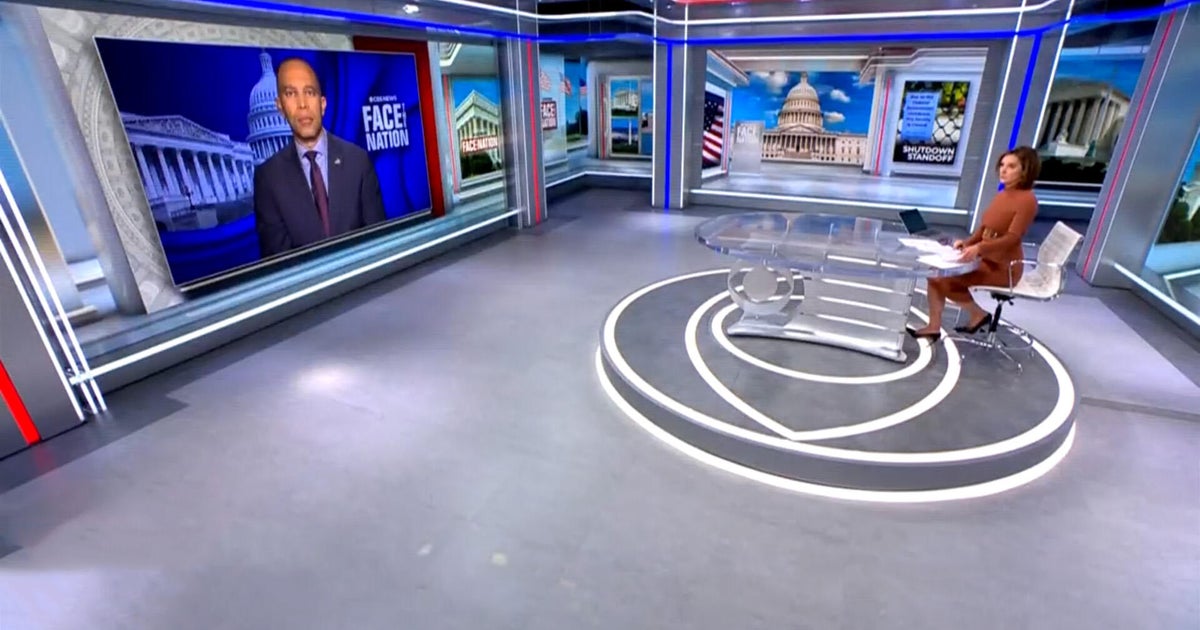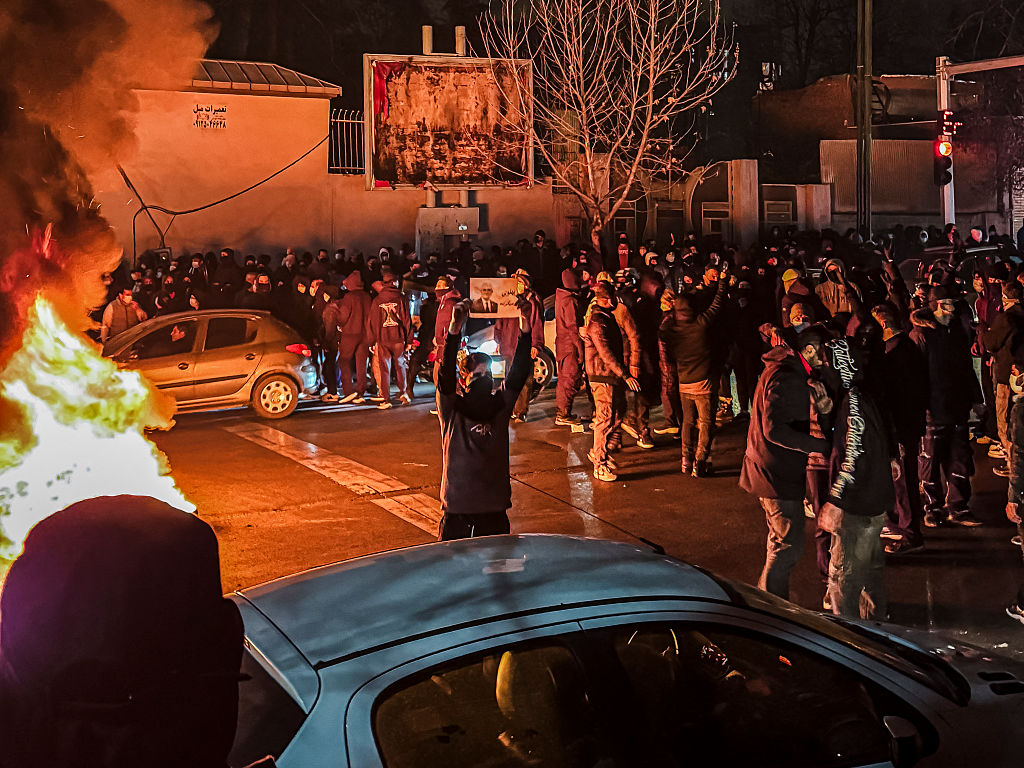Trump traveling to Dayton and El Paso after weekend mass shootings
When he heads to Dayton and El Paso on Wednesday, the sites of two mass shootings over the weekend, the president — who has been accused by his critics of inflaming white supremacists and sowing division — will be tending to survivors and their families.
The two cities are still reeling from the shock of losing dozens of lives, after gunmen opened fire on unsuspecting crowds. The White House has not yet released the president's specific schedule, but the president said he'll be meeting with law enforcement and victims.
Mr. Trump on Monday stuck to his prepared remarks, condemning white nationalism, expressing grief for the families of the mass shooting victims, and urging unity against hatred. But he shifted his tone the next day. On Tuesday morning, with no events on his public schedule all day, Mr. Trump tweeted criticism of former President Obama that apparently aired on Fox News which suggested Obama had dozens of mass shootings during his "reign."
Critics of the president had called on Mr. Trump to condemn white supremacy by name, after the El Paso shooter apparently posted a racist manifesto that expressed hatred against Mexicans in the U.S. Mr. Trump did that in his speech Monday.
"In one voice, our nation must condemn racism, bigotry, and white supremacy. These sinister ideologies must be defeated. Hate has no place in America," the president said in his speech Monday in the White House Diplomatic room.
But that wasn't enough for some Democrats and residents in the El Paso area who say the president's comments ring hollow in light of his past rhetoric and responses at rallies. Democratic Rep. Veronica Escobar, who represents El Paso, told MSNBC Monday that the president's rhetoric has made her community a target, and he isn't welcome.
"I hope that he has the self-awareness to understand that we are in pain and we are in mourning," Escobar said Monday. "We are doing our very best in our typical beautiful El Paso way to continue to be resilient. I would ask his staff and his team to consider the fact that his words and his actions have played a role in this."
El Paso Mayor Dee Margo said the president was gracious in expressing his condolences — and emphasized it's his duty to welcome the president to the city, whatever criticism he might receive.
"I want to clarify for the political spin that this is the office of the mayor of El Paso in an official capacity of welcoming the office of the president of the United States, which I consider is my formal duty," Margo said.





